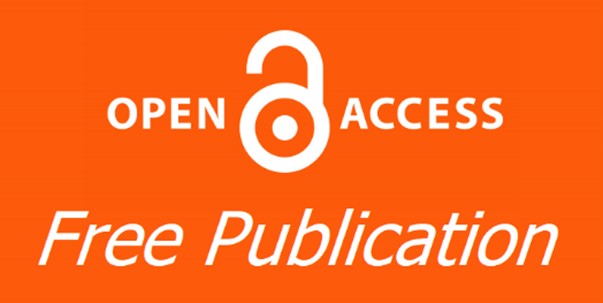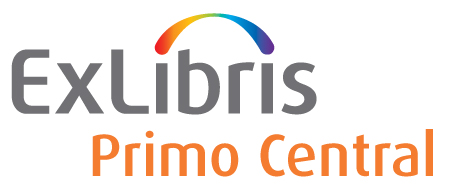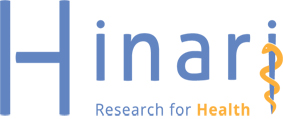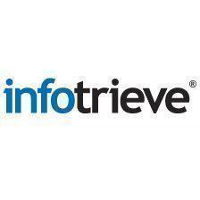About This Journal
Pan Arab Journal of Rhinology (PAJR) is the Official Journal of the Pan Arab Rhinology Society (PARS). The PAJR has been continuously publishing since 2011 on biannual basis.
The PAJR is an online, open access, and peer-reviewed journal. It is available online at http://pajr.researchcommons.org/journal/
The PAJR is a forum to allow clinicians and researchers to exchange trending ideas in Rhinology targeting best clinical patients care. It considers technical and clinical studies related to health, ethical, and social issues in the field of rhinology. It supports both basic and clinical research development in diagnosis and treatment of rhinological diseases and also the publishing of research articles, reviews, clinical trials, and case reports.
The PAJR receives research work that covers all Rhinology subspecialties including, nasal surgery, endoscopic sinus surgery, skull base surgery, rhinoplasty, esthetic surgery, pediatrics, snoring, obstructive sleep apnea (OSA), maxillofacial in addition to allergy and immunology.
The distinguished reviewing board of the PAJR gathers eminent rhinologists from all over the world.
The PAJR is one of the most distinguished Rhinology magazines all over the world. The large number of submitted articles offers an excellent chance to recruit and accept only the most distinguished ones. But, unfortunately at the same time, led to the rejection of the submissions that were not up to the standard.
Open Access Policy and Creative Commons Licensing
CC BY-NC-ND - Creative Commons Attribution:Non-Commercial/No-Derivatives License:Allows users to copy, distribute and transmit an article as long as the author is attributed, the article is not used for commercial purposes, and the work is not modified or adapted in any way as described in: Creative Commons Attribution-NonCommercial-NoDerivs 4.0.
Article Publishing Charge
All types of accepted articles are published free of charge.
Digital Archiving
PAJR is preserved in CLOCKSS and Portico, the two leading preservation archives that guarantee persistent access for the very long term. Articles also receive Digital Object Identifiers (DOIs) from the CrossRef organization to ensure they can always be found.
Abstracting and Indexing
Indexed in Baidu Scholar, CNKI (China National Knowledge Infrastructure), EBSCO Publishing's Electronic Databases, Ex Libris – Primo Central, Google Scholar, Hinari, Infotrieve, ProQuest and TdNet.
















